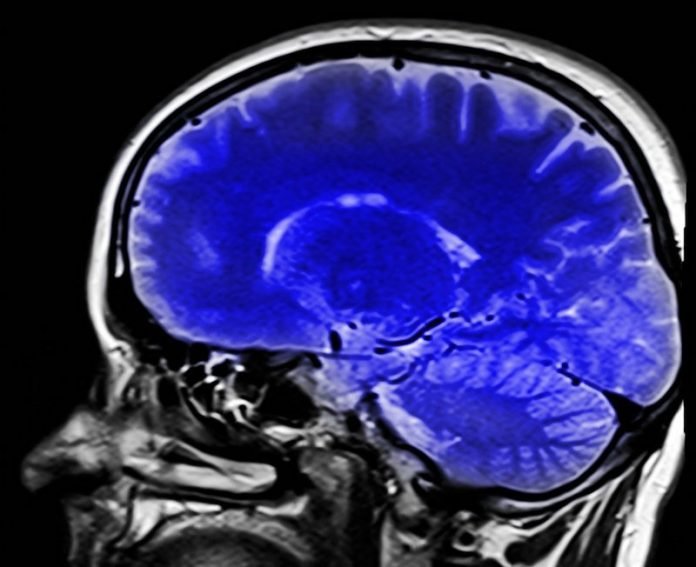
In a new study, researchers found that coronavirus may cause clots within blood vessels (arteries) in the brain.
The findings suggest early testing for D-dimer, a protein fragment in the blood linked to increased blood clotting (thrombosis) in COVID-19 patients, could enable clinicians to prescribe specific treatments, including anticoagulants (“blood thinners”) at a much earlier stage.
This might reduce the number of people subsequently having further strokes or blood clots elsewhere in the body.
The research was conducted by neurologists from UCL and UCLH (the National Hospital for Neurology and Neurosurgery), London.
The team reported six consecutive patients tested between April 1 to 16 2020 at the National Hospital for Neurology and Neurosurgery, London with acute ischemic stroke (due to blockage of a large brain artery) and proven COVID-19.
Acute ischemic stroke is caused by the sudden loss of blood circulation to an area of the brain, resulting in loss of neurological function.
All six patients (aged between 53 and 85) had a large arterial blockage, with elevated blood levels of D-Dimer indicating the abnormally high components in the blood produced when clots break down.
The findings support other recent evidence: the exaggerated inflammatory immune response known to occur in COVID-19 patients stimulates abnormal blood coagulation, which is usually caused by a disorder in the immune system.
Furthermore, five of the six strokes occurred 8-24 days after COVID-19 symptom onset (cough, headache, and chills), and in one patient during the pre-symptomatic phase.
This suggests that COVID-19 associated ischemic stroke is usually delayed, but can occur both early and later in the course of the disease.
The team says that COVID-19 is not just a disease of the lungs. Blockages of large brain arteries in COVID-19 patients are linked to highly abnormal blood clotting.
Early use of anticoagulant drugs might be helpful, but this needs to be balanced against their brain bleeding risk, especially soon after an ischemic stroke.
One author of the study is Professor David Werring (UCL Queen Square Institute of Neurology).
The study is published in the Journal of Neurology, Neurosurgery, and Psychiatry.
Copyright © 2020 Knowridge Science Report. All rights reserved.



